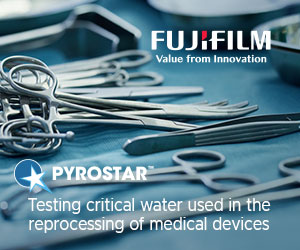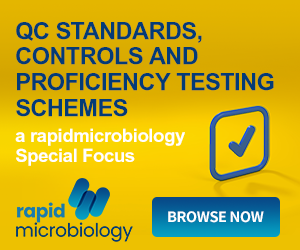Silliker Food Scienc...
ATCC External Contro...
29th July 2014 Content supplied by: Vivione Biosciences
RAPID-B Platform Gets AOAC for STEC Tests
Vivione Biosciences has received AOAC certification for its E. coli O157 and Non O157 STEC diagnostic tests for the RAPID-B platform. This is Vivione’s first AOAC certification for its RAPID-B platform, whose technology has the ability to accurately detect a contamination issue in seven hours or less.
The RAPID-B platform offers results in seven hours or less, which is of great significance when comparing it to other diagnostic testing platforms that take 24 hours or more to produce results. After almost eight years in development with National Center for Toxicological Research, Vivione can now finally bring these tests to market with AOAC certification.
Achieving this milestone, Vivione’s RAPID-B E. coli O157 and Non O157 STEC tests are positioned to become one of the “go-to” tests used within the food industry. More importantly, these tests provide producers with something that they have not had access to prior to today: a test that can deliver increased sensitivity, while also significantly reducing the time needed to receive clear test results. The ability to undertake and report upon a test, beginning with the receipt and preparation of the sample through to the final analysis, in seven hours or less instead of the customary 24, stands to allow food producers to get their products to market faster while reducing potential recall risk.
Date Published: 29th July 2014
Source article link: View
Related news
Silliker Food Science Opens Food
ATCC External Controls Ensure Your






